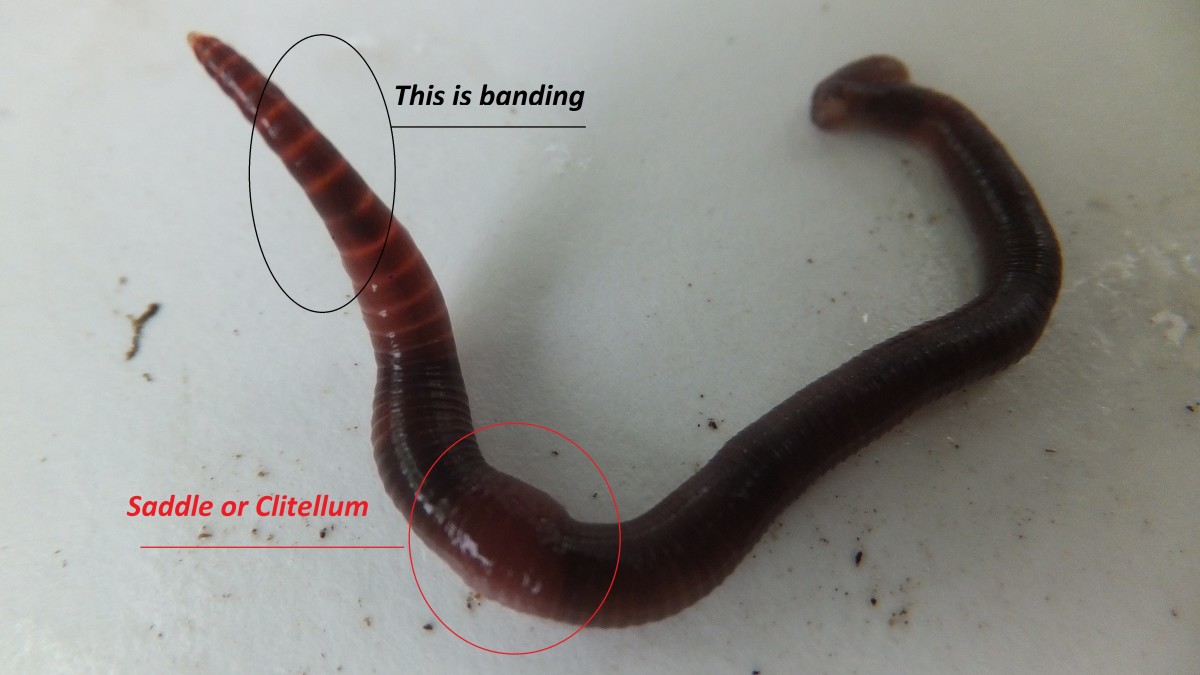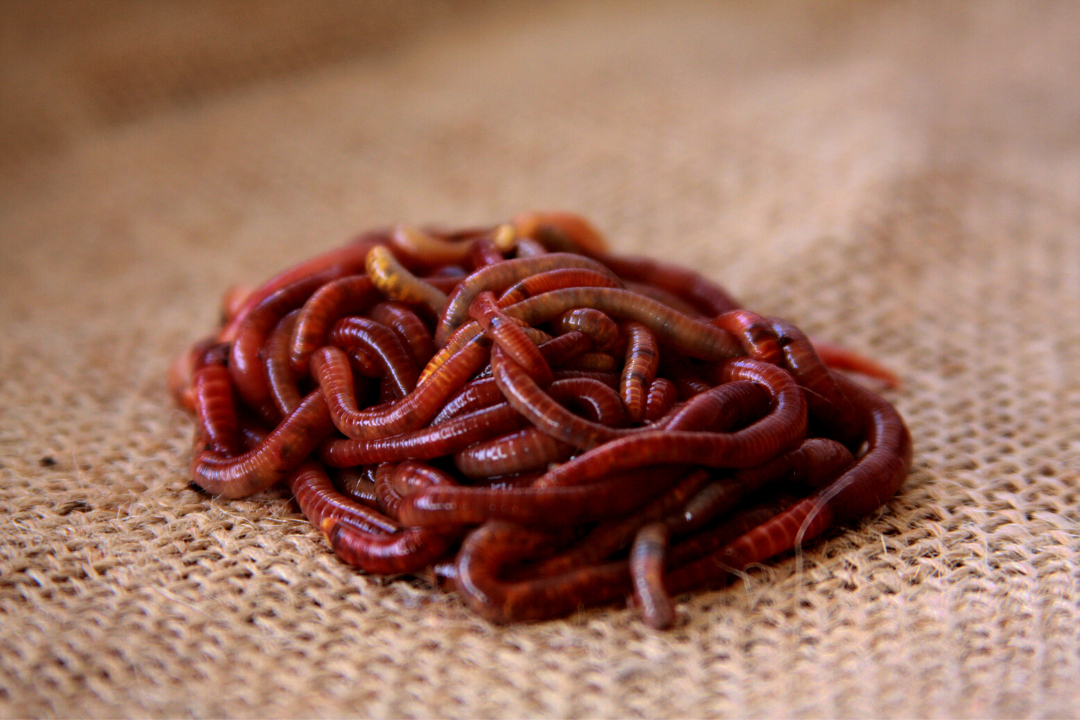Professional Lawn Care Assistance Powered by Lake Hickory Bait for Stunning Results
Professional Lawn Care Assistance Powered by Lake Hickory Bait for Stunning Results
Blog Article
Red Wigglers: The Unsung Heroes of Organic Waste Recycling
Red wigglers, or Eisenia fetida, offer as essential representatives in the organic waste recycling procedure, transforming discarded materials right into valuable vermicompost. As the globe significantly seeks options to fight waste accumulation and boost agricultural efficiency, comprehending the role of these worms comes to be essential.
What Are Red Wigglers?
The impressive resilience of red wigglers, medically referred to as Eisenia fetida, underscores their critical role in organic waste recycling. These tiny, reddish-brown earthworms are usually found in decomposing raw material, such as compost heap and manure loads. Lake Hickory Bait. Unlike other earthworm species, red wigglers thrive in nutrient-rich atmospheres and are highly reliable at damaging down organic products, making them vital for vermicomposting

(Lake Hickory Bait)In addition to their duty in waste reduction, red wigglers add to soil health and wellness by improving soil structure and aeration via their burrowing activities (Lake Hickory Bait). Their visibility in composting systems not just enhances disintegration prices yet also promotes a sustainable method to waste monitoring, illustrating their significance in ecological preservation efforts
Benefits of Composting With Worms
Composting with worms, particularly red wigglers, provides numerous advantages that improve both waste administration and soil health and wellness. Initially, these worms efficiently break down organic waste, converting it right into nutrient-rich vermicompost that enriches soil. This procedure accelerates decomposition, enabling a much faster recycling of cooking area scraps and other natural products contrasted to standard composting techniques.
Furthermore, the vermicompost produced by red wigglers is including useful bacteria, which help improve dirt structure, aeration, and dampness retention. This improves the general health of plants, promoting energetic growth and raised returns in gardens and agricultural settings. Moreover, using worms in composting minimizes the manufacturing of greenhouse gases, such as methane, adding to a more lasting waste administration system.

Exactly How to Begin Vermicomposting
Establishing a vermicomposting system is a straightforward process that can produce considerable advantages for both waste management and dirt enrichment. To begin, choose an ideal container, such as a plastic bin or wooden box, with sufficient air flow openings to make certain correct air flow. The measurements need to ideally be about 2 feet by 3 feet, allowing enough space for the worms to thrive.
Following, prepare bed linen product, which can consist of shredded newspaper, cardboard, or coconut coir. This bed linen ought to be moistened to create a suitable environment for the worms. When the bed linen is in location, present red wigglers (Eisenia fetida) right into the container, usually around one extra pound of worms for each square foot of surface.
Complying with the positioning of worms, include organic waste, such as fruit and vegetable scraps, coffee grounds, and smashed eggshells. Stay clear of including dairy products, meat, or oils, as these can produce odors and bring in pests. Finally, place the container in a shaded, temperature-controlled area to maintain optimum problems for worm task. With these steps, you will effectively launch a vermicomposting system that adds to lasting waste administration and enhances your soil.
Maintaining a Healthy And Balanced Worm Bin
(Red Wiggler Express)Maintaining a worm bin thriving calls for normal attention and treatment to make sure the wellness of the red wigglers and the effectiveness of the composting procedure. Proper upkeep begins with keeping an eye on the moisture levels; the container needs to perspire yet not waterlogged. A great policy of thumb is to maintain a consistency similar to a wrung-out sponge.
Gently mixing the bed linen and food scraps every couple of weeks protects against compaction and ensures that all worms have accessibility to oxygen. Furthermore, it is essential to feed the worms appropriately.
If the bin comes to be also hot or cold, the worms may come to be stressed out. By faithfully handling these factors, one can keep a robust and efficient worm container.
Effect On Sustainable Living
The effective maintenance of a worm bin not only profits the health and wellness of red wigglers but additionally contributes substantially to sustainable living techniques. By recycling natural waste, such as kitchen area scraps and yard particles, red wigglers aid draw away significant amounts of material from landfills. This decrease in waste not just decreases greenhouse gas exhausts however also minimizes the environmental problem connected with waste management.
Additionally, the castings created by red wigglers act as a nutrient-rich organic fertilizer, boosting dirt health and advertising plant growth. This natural option to chemical fertilizers sustains sustainable farming and horticulture practices, lowering dependence on artificial inputs that can damage ecological communities. In addition, worm composting promotes awareness of waste administration, motivating people and neighborhoods to embrace more lasting routines.

Verdict
In recap, red wigglers offer as crucial factors to natural waste reusing with their effective disintegration of natural products. By incorporating vermicomposting into waste management methods, individuals and areas can significantly minimize waste while advertising ecological sustainability.
Report this page